
Wages for temporary skilled migrants in Australia will be raised by about $16,000 from July 1, and thousands will be eligible for permanent residency by the end of the year.
Home Affairs Minister Clare O’Neil announced the major policy reforms in her National Press Club address on Thursday as part of her overhaul of the migration system.
“These two changes show we’re serious about the reform agenda ahead,” she said.
“We are a truly great country with a fundamentally broken migration system, so just imagine what we will be able to achieve when we get this powerful engine working again in the national interest.”
Her announcements come after a review found the migration program was “not fit for purpose”, that it was failing to attract the most skilled people, and was failing to give businesses efficient access to workers.
The system created an environment ripe for exploitation, and the risk of an “emerging permanently temporary underclass”.
Frozen since 2013, wages will be increased from $53,900 to $70,000 under the Temporary Skilled Migration Income Threshold (TSMIT).
Ms O’Neil said the government would work to create a three-tiered skilled migration system for the country for the first time.
The three-pronged model would first create a highly skilled stream with fast turn-around times.
In the middle stream, decision-making will be linked to Jobs and Skills Australia to ensure a data-driven approach.
A final pathway will address chronic shortages in the lower-paid care sector.
Ms O’Neil said the points test would be reformed to actively recruit highly skilled migrants by setting up a new area in the Home Affairs Department, which will work with a newly formed Jobs and Skills body.
She said hundreds of visa categories and sub-categories would also be reduced and simplified.
Migration agents duping international students will also be highly scrutinised.
In Brisbane on Thursday, Prime Minister Anthony Albanese said Australia needed to be less reliant on temporary labour “and to give people that permanent pathway to being secure, to making a contribution here in Australia”.
“The truth is the migration system that we inherited is broken. There are over one million people waiting for visas in this country,” he said.
In her address, Ms O’Neil railed against a “decade of genuinely breathtaking neglect” of the migration system.
“Our economy is stuck in a productivity rut, and Australians are suffering because of it. Migration can help us change that,” she said.
“Under Peter Dutton … as immigration minister and home affairs minister, our skilled worker program morphed into a guest worker program.”
Former senior public servant Martin Parkinson, who led the expert panel, said the system wasn’t doing the job it was supposed to do.
“We’ve got an economy that can’t be supported by the size of the population,” he said on Thursday.
The panel handed down 38 policy reform considerations to the government.
There are now more than 1.8 million temporary migrants living in Australia with the right to work, with many facing “tangled” and lengthy pathways to permanent residence.
Dr Parkinson said for employers in tech-based industries, the skills list was out of date and was compiled when many new jobs had not yet been created.
“We can understand why employers say ‘the system is clunky, we can’t get the people that we need, because we can’t find them on the occupation list’ because the jobs didn’t exist back then,” he said.
The report says Australia risks falling behind other developed immigrant countries such as Canada, and faces more global competition for highly skilled migrants.
Some employer groups have called for looser restrictions on skilled migration caps and target industries, while others want a rethink of English language requirements and rules regarding post-study employment.
Several migrant advocacy groups lauded the minister’s reformist agenda, including the Settlement Council of Australia.
“We have always relied on migrants for our economic prosperity, but it has got to be a two-way street,” council CEO Sandra Elhelw Wright said.
“We welcome this review, which gives voice to concerns we have been expressing for a long time.
“There is a lot of work to do to make sure our migration system is fair, and delivers on its promises both to migrants and to our nation.”
Deputy Liberal leader Sussan Ley said the government needed to ensure the changes did not put undue pressure on the already stretched rental housing market.
Opposition home affairs spokesman James Paterson said Australia was a richer country because of the millions of migrants who had come to its shores.
But the size, composition and timing of the migration intake were “legitimate areas for public debate”, he told Sky News.


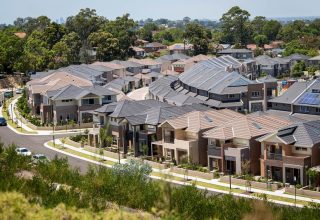

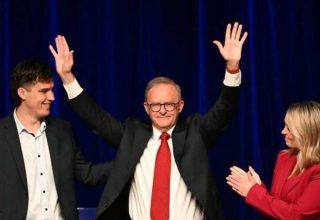
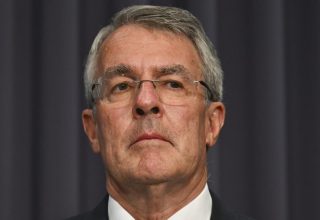
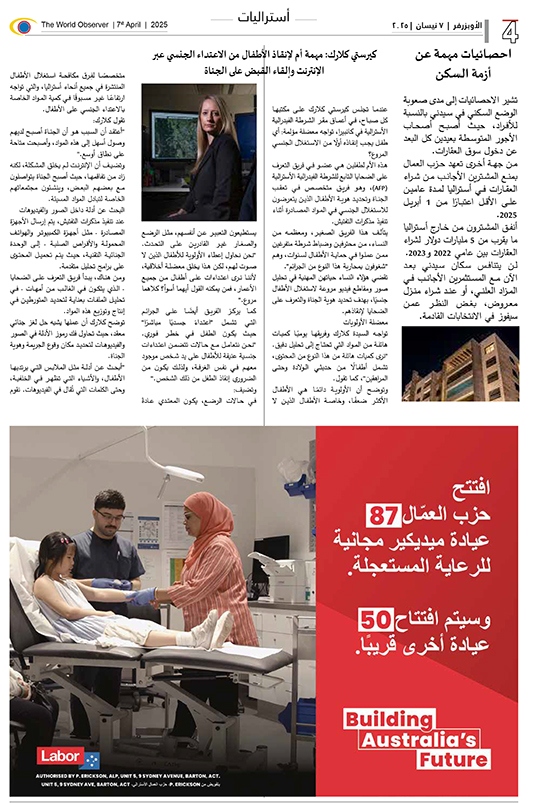
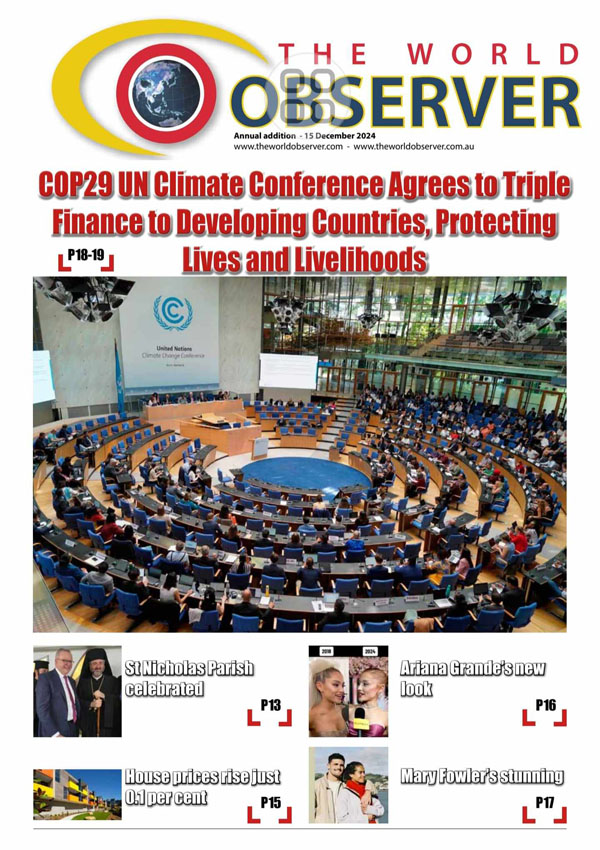
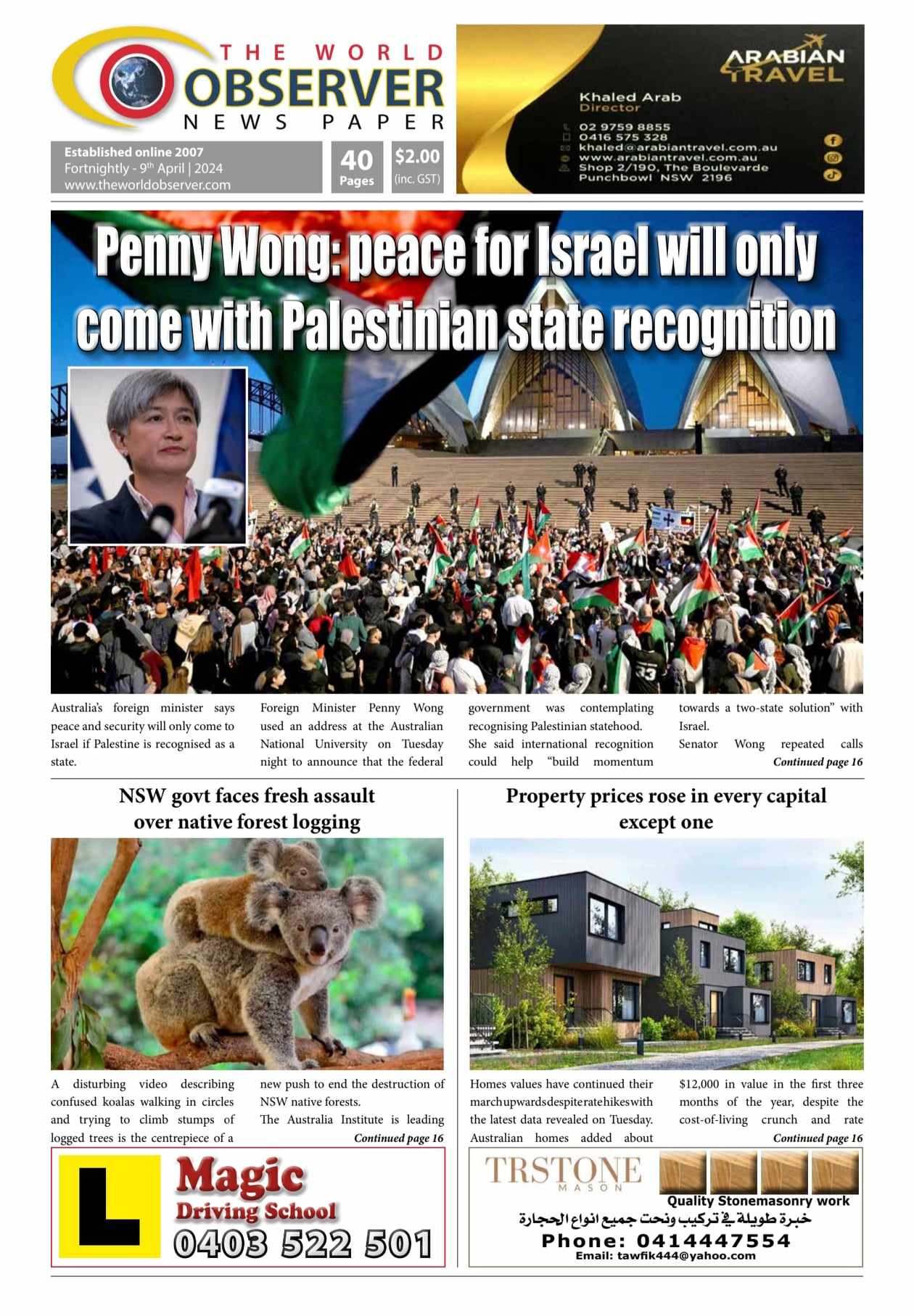

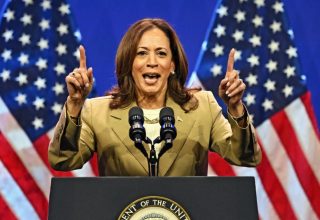



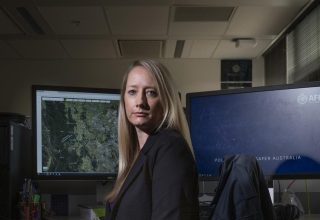






















 The World Observer Media produces a daily online newspaper, a daily Arabic online newspaper and a monthly printed Arabic/English magazine and a weekly printed Arabic/English newspaper.
The World Observer Media’s mission is to entertain and educate all generation from the Ethnic Communities in Australia, who are interested in local, national and foreign information.
The World Observer Media produces a daily online newspaper, a daily Arabic online newspaper and a monthly printed Arabic/English magazine and a weekly printed Arabic/English newspaper.
The World Observer Media’s mission is to entertain and educate all generation from the Ethnic Communities in Australia, who are interested in local, national and foreign information. 


